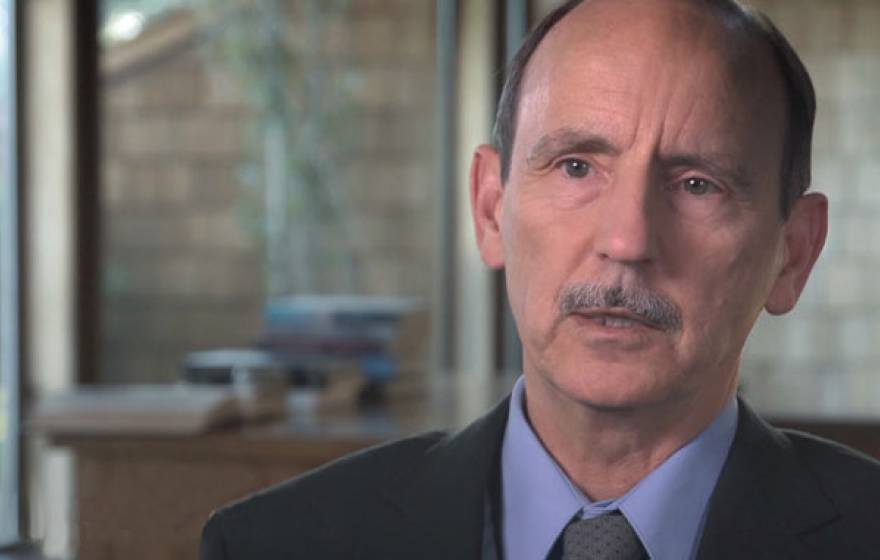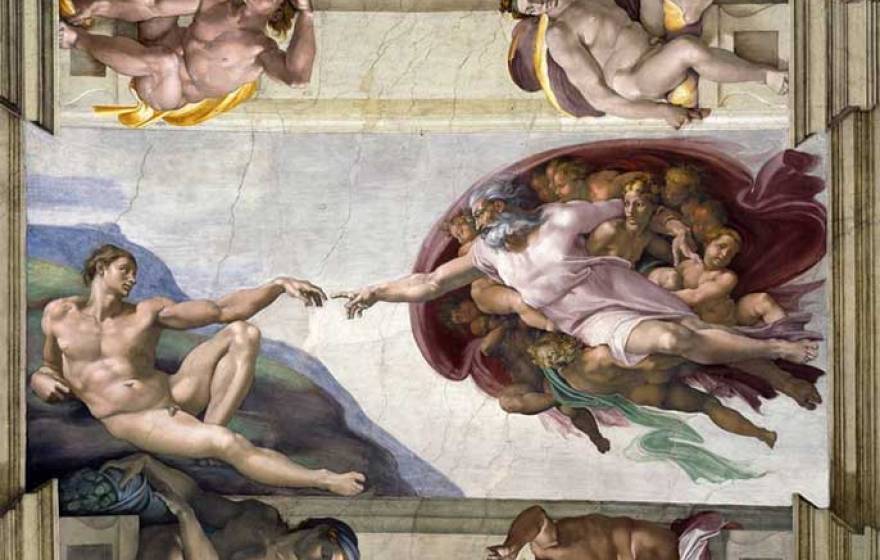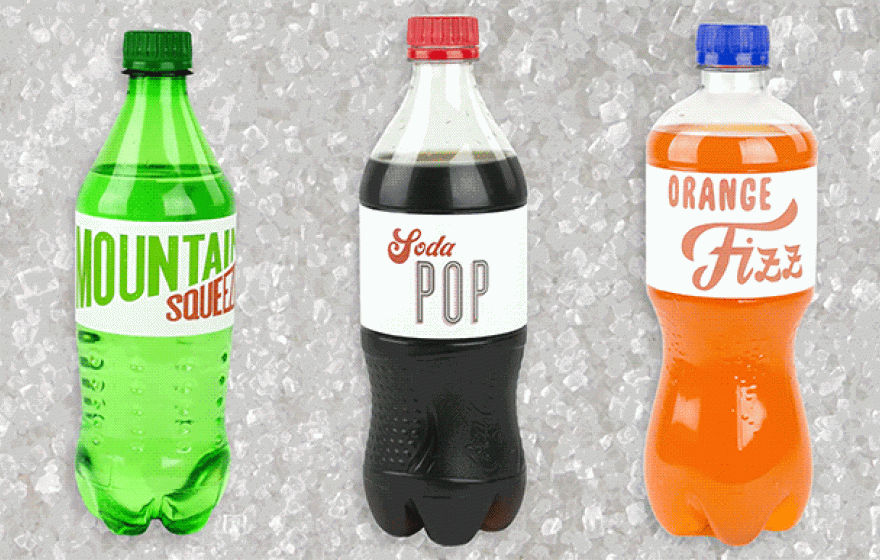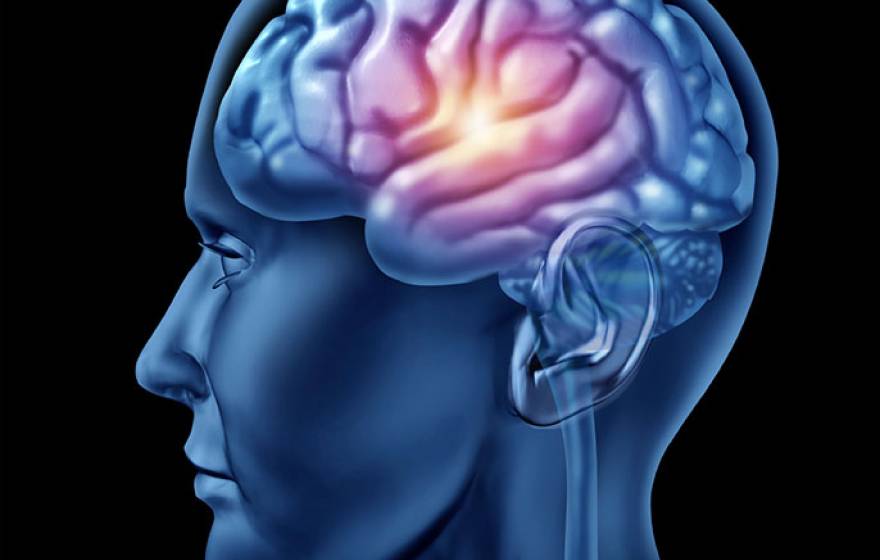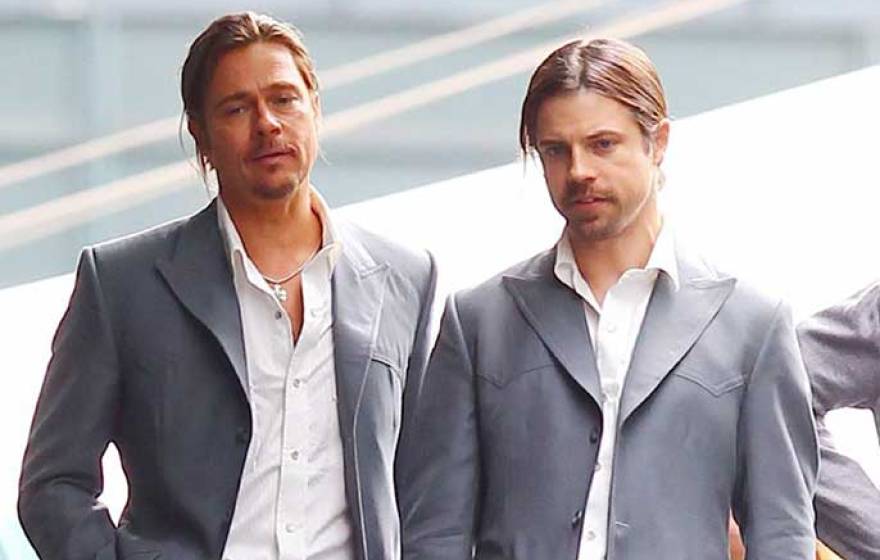UC Berkeley |
Altering brain chemistry makes us more sensitive to inequality
What if there were a pill that made you more compassionate and more likely to help someone less fortunate? That's not so far-fetched.
UC Merced |
Think your morals are unshakeable? Think again
Moral decisions can be swayed by tracking one's eye movements.
UC Irvine |
Making the most of life
Feeling blue? Anxious? Fatigued? Roger Walsh offers ‘Eight Ways to Wellbeing.’
UC Berkeley |
Creating love in the lab: The 36 questions that spark intimacy
After falling in love as UC Berkeley graduate students, Arthur and Elaine Aron have studied love for nearly 50 years.
UC Berkeley |
Add nature, art and religion to life’s best anti-inflammatories
Taking in such spine-tingling wonders as the Grand Canyon, Sistine Chapel ceiling or Schubert’s “Ave Maria” may give a boost to the body’s defense system.
UC Berkeley |
Helicopter parenting better for pets than for kids, study suggests
Overprotectiveness is an advantage when rearing dogs and cats, according to study from UC Berkeley and California State University, East Bay.
UC Berkeley |
Is it lonelier at the bottom or at the top?
Psychologist links human quest for power, influence and a foothold in the social hierarchy to mental health.
UC Newsroom |
The most discussed UC research of 2014
Academic studies from the University of California were among the most talked about research in online and popular media.
UCLA |
Social media-behavioral psychology combo points to more HIV testing
Research suggests a valuable tool in the fight against the virus that causes AIDS.
UC Davis |
Curiosity helps learning and memory
Curiosity, while perhaps still dangerous for cats, serves as motivation for humans to acquire and retain information.
UCLA |
Soon to become a minority in the U.S., whites express declining support for diversity
Many white Americans are becoming less enthusiastic about diversity and multiculturalism as the U.S. moves toward becoming a minority-majority nation.
UC Berkeley |
Why we can’t tell a Hollywood heartthrob from his stunt double
Scientists have pinpointed the brain mechanism by which we latch on to a particular face, even when it changes.
